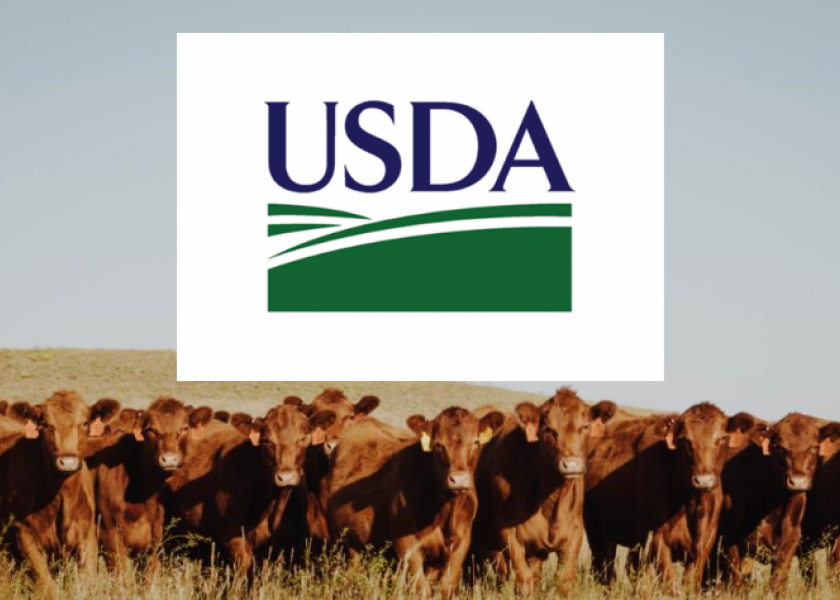Atypical BSE Case Confirmed at South Carolina Slaughter Plant, No Trade Impacts Expected

The U.S. Department of Agriculture (USDA) is announcing an atypical case of Bovine Spongiform Encephalopathy (BSE), a neurologic disease of cattle, in an approximately five-year-old or older beef cow at a slaughter plant in South Carolina. This animal never entered slaughter channels and at no time presented a risk to the food supply or to human health in the United States. Given the United States’ negligible risk status for BSE, we do not expect any trade impacts as a result of this finding.
USDA Animal and Plant Health Inspection Service’s (APHIS) National Veterinary Services Laboratories (NVSL) confirmed that this cow was positive for atypical L-type BSE. The animal was tested as part of APHIS’s routine surveillance of cattle that are deemed unsuitable for slaughter. The radio frequency identification tag present on the animal is associated with a herd in Tennessee. APHIS and veterinary officials in South Carolina and Tennessee are gathering more information during this ongoing investigation. Atypical BSE generally occurs in older cattle and seems to arise rarely and spontaneously in all cattle populations.
This is the nation’s 7th detection of BSE. Of the six previous U.S. cases, the first, in 2003, was a case of classical BSE in a cow imported from Canada; the rest have been atypical (H- or L-type) BSE.
The World Organization for Animal Health (WOAH) recognizes the United States as negligible risk for BSE. As noted in the WOAH guidelines for determining this status, atypical BSE cases do not impact official BSE risk status recognition as this form of the disease is believed to occur spontaneously in all cattle populations at a very low rate. Therefore, this finding of an atypical case will not change the negligible risk status of the United States and should not lead to any trade issues.
The United States has a longstanding system of interlocking safeguards against BSE that protects public and animal health in the United States, the most important of which is the removal of specified risk materials - or the parts of an animal that would contain BSE should an animal have the disease - from all animals presented for slaughter. The second safeguard is a strong feed ban that protects cattle from the disease. Another important component of our system - which led to this detection - is our ongoing BSE surveillance program that allows USDA to detect the disease if it exists at very low levels in the U.S. cattle population.
More information about this disease is available in the BSE factsheet.







